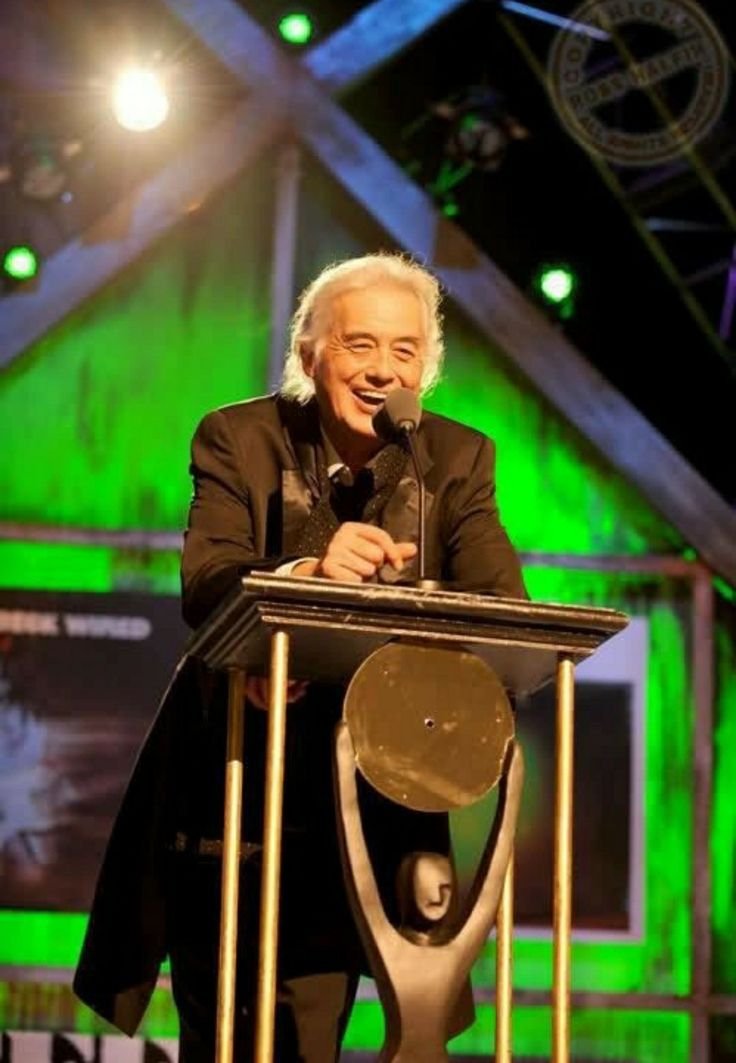As I’ve spent my career writing about Jimmy Page, his greatness continues to amaze me. Layers of brilliance unravel with every anecdote, to make him, what is rather absurdly, one of music’s most underrated musicians.
Allow me to explain. Of course, you don’t need me to wax eloquent about his influence on music and, more specifically, guitar playing at the hands of Led Zeppelin. You could simply play the riff for ‘Kashmir’ or ‘Whole Lotta Love’ to a fresh-eared toddler, and they’d probably be able to cite Page as the man behind it. His influence over the industry is everlasting and unyielding, and, in that respect, he is fairly rated as one of the world’s great icons.
But for many, that’s solely linked with Led Zeppelin. And I’ll be the first to admit that, for most of my life, the case was largely the same for me. As I soaked myself in every drop of classic rock I could find, Page became one of my household names, as Zeppelin’s monster-laden riffs gave me a finer understanding of how classic rock worked.
But that’s exactly what renders him so underrated. This was a man who spent the better part of the 1960s, handing out daring riffs to any musician willing to accept them. The Who, The Rolling Stones, Nico and David Bowie were all willing beneficiaries of what he was drawing on the fretboard back then.
While The Beatles reigned supreme over the course of those ten years, music nerds will know better than anyone that it was The Yardbirds who propped them up in the shadows. They were almost the university band for those who would graduate and become rock gods in the following decade. Everyone from Jimmy Page to Eric Clapton and Jeff Beck played in the band, depriving future decades of what could have been a truly world-dominating outfit.
But, as history has often proved, the idea of godlike talent sharing one studio space doesn’t always create greatness. And it was the arrival of Page in particular who made Jeff Beck realise that not all string-bending brilliance coalesced to eminence.
“When Jim joined, I lost focus of where the Yardbirds should have been going, or could have been going” Beck explained, “And it was the fact that we were overqualified in the guitar department and underqualified in the writing department.”
He reflected on the best possible course of action, and how avoiding that led to his departure, relaying, “And we really should have taken stock there and said, ‘look, we’ll waive the tour. We ain’t ready for that’. But instead, we just took the opportunity, and it burned itself out. I freaked out, went mad, had a breakdown, and I think I walked out and left the band. The Yardbirds continued without me, I disappeared, Jim carried on.”
It didn’t prove to just be the end of Beck’s career in The Yardbirds but probably the first domino to fall. The supergroup eventually dissolved in 1968, but its individual members went on to pursue and achieve their own soaring heights of individual success.
